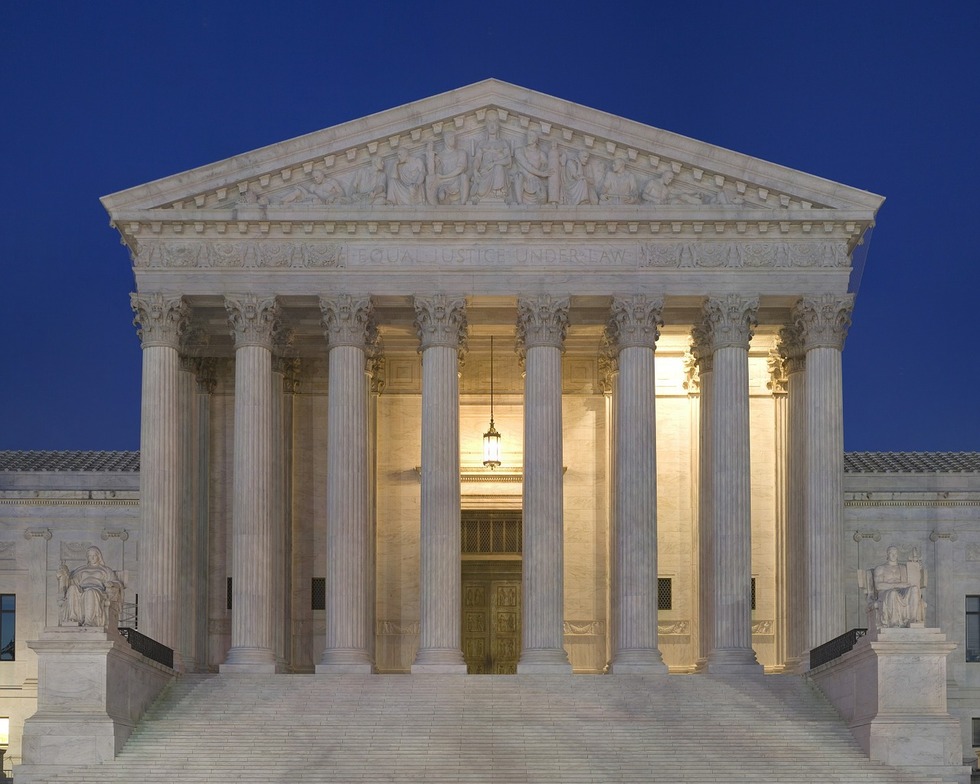Rather often, people contact me after they have lost their Social Security disability case in front of a judge. People want to know if I would do an appeal to the Appeals Council (AC): the AC is the group of judges who decide appeals from decisions made by Social Security Administrative Law Judges. (ALJ’S)
My answer is always: No.
I always say no because I won’t get involved in a case unless I handled it from the beginning. I was not at the hearing so I don’t know what happened there. I don’t know who your lawyer was, if you had one, and what mistakes he or she might have made. It’s simply not worth it to me to get involved in case for the first time after an ALJ has made an unfavorable ruling.
In my experience, most lawyers feel the way I do. This means, if you lost in front of an ALJ and don’t have a lawyer to do your appeal, you are most likely going to need to do it yourself. At this point, you are probably thinking of that old cliche that someone who is his own lawyer has a fool for a client. Generally speaking, that is true.
Social Security Appeals Are Different Than Most Legal Proceedings
But an appeal from an ALJ’s decision is different than most legal proceedings. This is true in large measure because of the obligations Social Security has when considering a disability claim. Unlike most legal matters, Social Security disability claims are “non-adversarial.” This means that the ALJ does not hear competing evidence for and against a claim and then decides. Rather, the ALJ hears only from the claimant (along with various medical and vocational experts) before ruling. This same approach extends to how Social Security considers appeals from judges’s unfavorable rulings.

Once you file an appeal, the AC has to look at all the possible issues in the case. They need to do this without regard to what you put in your appeal as the reason why the judge was wrong. If you file your own appeal, the AC essentially becomes your lawyer. Whomever gets the case at the AC is going to evaluate the entire case to look for any errors of fact or law that would justify giving you a new hearing.
Of all appeals I have sent to the AC, they have only sent back a small number of cases for the reasons I put in my appeal. Most of the time, they send the case back for another hearing on the basis of something I never even considered.
Appeal An Unfavorable Decision If The ALJ Made A Bad Decision
So, if you think the ALJ got your case wrong, go ahead and file an appeal. You can do this by going to your local Social Security office and asking for the form. For your reason for appealing, Section 4, say something general, such as the ALJ did not properly evaluate the evidence. This is good enough to get the AC going on your claim. Avoid making accusations that the ALJ was biased or you “got screwed.” Such language will undercut your credibility.
A few things to keep in mind if you do file an appeal:
1. It could take at least 18 months to get an answer back.
2. You can send the AC new evidence while they have the case. If you get new medical records, take them to your local Social Security office and ask them to give it to the AC.
3. You cannot (with a few exceptions) file a new application for disability while your case is with the AC.
4. At present, the AC finds in favor of claimants only about 15% of the time. You have to think carefully about whether it makes sense to wait 18 months for a 15% chance of winning.
The decision of whether to file an appeal to the AC is beyond the scope of this post. But, if you want to appeal an unfavorable ALJ’s decision, don’t let a lack of a lawyer keep you from doing so.
As always, let me know if you have questions or comments.


